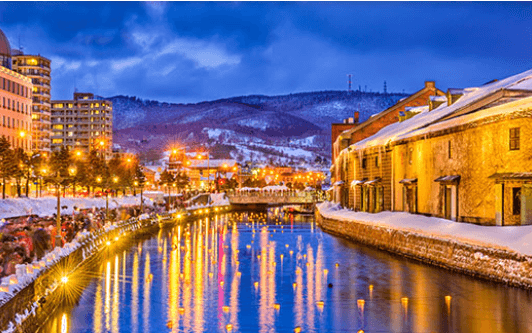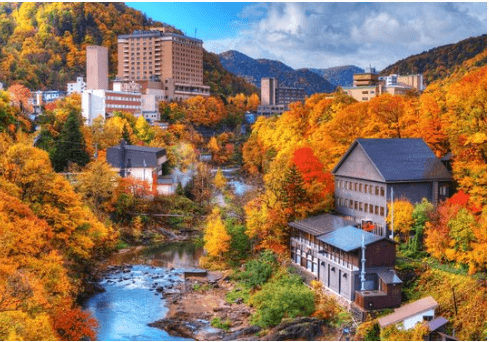Map:_Xfjjjt_Ub0= Hokkaido

The map “Map:_Xfjjjt_Ub0= Hokkaido” represents a pivotal tool for understanding the complexities of Japan’s northernmost island, Hokkaido. Its detailed topographical features and culturally significant landmarks provide invaluable insights for both locals and visitors. By examining the interplay between Hokkaido’s natural landscapes and its rich heritage, one can gain a deeper appreciation for the region. Yet, there exists a wealth of information that extends beyond mere navigation—what hidden gems and experiences await those willing to explore further?
Overview of Map:_Xfjjjt_Ub0= Hokkaido
Map:_Xfjjjt_Ub0= Hokkaido, characterized by its diverse landscapes and rich cultural heritage, emerges as Japan’s northernmost island, embodying a unique blend of natural beauty and human activity.
Hokkaido culture reflects a harmonious relationship with its environment, showcasing traditional Ainu influences and modern innovations.
Read More Map:_1hakbge0cs= Norwegian
Additionally, Hokkaido cuisine, renowned for its fresh seafood and agricultural products, highlights local flavors while promoting culinary creativity and sustainability.
Key Features of the Map
A comprehensive map of Map:_Xfjjjt_Ub0= Hokkaido serves as an essential tool for understanding the island’s geographical and cultural complexities.
It intricately displays topographical details, such as mountain ranges and valleys, alongside vital cultural landmarks, including shrines and historical sites.
This dual focus not only enriches the user’s experience but also fosters a deeper appreciation of Hokkaido’s diverse landscapes and rich heritage.
Popular Attractions to Explore
Frequently regarded as a destination rich in natural beauty and cultural significance, Map:_Xfjjjt_Ub0= Hokkaido boasts a myriad of attractions that cater to diverse interests.

From the stunning landscapes of Daisetsuzan National Park to the vibrant streets of Sapporo, visitors can immerse themselves in unique cultural experiences.
Additionally, the region is celebrated for its delectable local cuisine, offering flavors that reflect Hokkaido’s agricultural heritage and maritime bounty.
Tips for Navigating Hokkaido
Navigating Map:_Xfjjjt_Ub0= Hokkaido diverse landscapes and urban centers requires a strategic approach to transportation and planning.
Utilizing various transportation options, such as trains, buses, and rental cars, can enhance mobility. Additionally, exploring local cuisine along the way enriches the experience, allowing travelers to immerse themselves in Hokkaido’s culture.
Read More Map:_1hakbge0cs= Norway
Careful itinerary planning ensures efficient travel while maximizing opportunities for culinary delights and scenic exploration.
Conclusion
In conclusion, the map “Map:_Xfjjjt_Ub0= Hokkaido” serves as a vital tool for understanding the duality of Hokkaido’s landscape—where majestic mountain ranges coexist with vibrant cultural sites. This juxtaposition of natural beauty and historical significance invites exploration and reflection, enriching the experience of both visitors and residents. As such, the map not only facilitates navigation but also fosters a deeper appreciation for the intricate relationship between Hokkaido’s environment and its cultural heritage.







